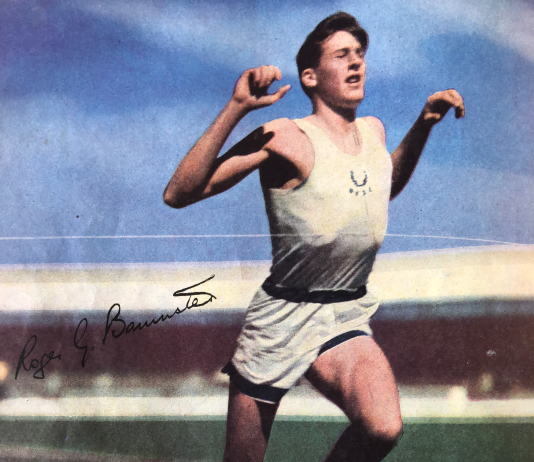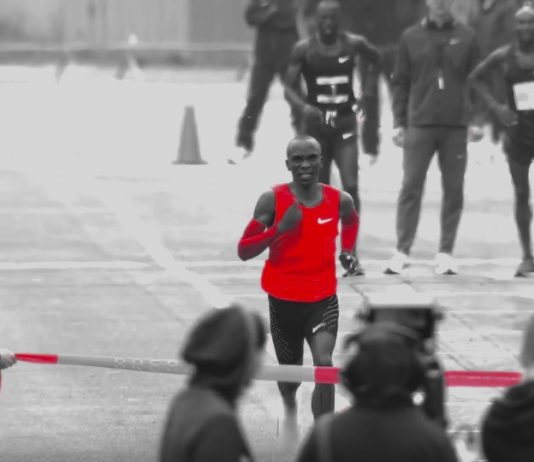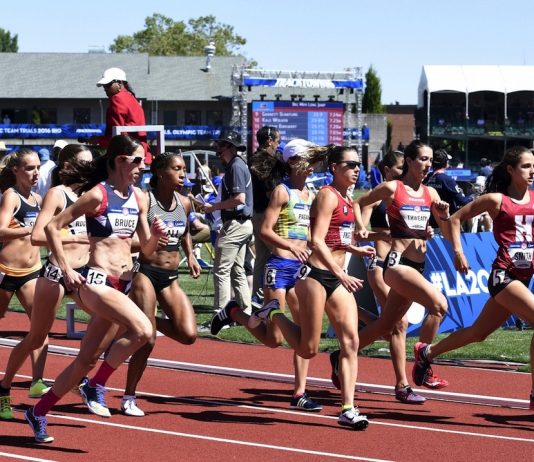The Mature Distance Runner: A Practical Philosophy Part 6: Psychology: Don’t Look Back?
Runnerstribe Admin -
Anyone of any age who engages in running should be in tune with their body and seek medical advice before embarking on any intensive activity (including changes to said activity) that may unduly extend them. This is critical should the aspiring athlete have underlying medical conditions and/or ongoing health issues requiring medication.
For many runners, crossing the finish line as quickly as possible is the ultimate goal. But for some, simply crossing the line before the organizers pack up and leave is enough. In a culture that celebrates speed and power, being a slow runner often comes with little glory. But slow runners have found that there is something special about putting aside their watches and focusing on the experience of running, rather than just the time it takes to finish.
Written by Daniel Quin – Runner’s Tribe
For obvious reasons Nike would have us believe that an integral part of Eliud Kipchoge’s 2-hour marathon performance in Monza last month was due to his shoes. More objective analysis pointed towards the pace car and huge timing clock. Others have written that...
Written by Daniel Quin - Runner's Tribe
Eventually I intend to write about some positive psychology topics associated with running but before that I want to return to the concept of the psychosocial impact of being injured. Last month I explored the problem of reinjury anxiety. Another common psychological consequence...
It is crucial to investigate the underlying psychological dynamics motivating long-distance runners' resolve in the modern world, where the attractiveness of endurance sports is expanding. The International Journal of Sport and Exercise Psychology recently published an investigation that sheds light on the complex relationship between extreme complications from ultramarathons, stays in intensive care units, exercise dependency, and the unique personality traits of athletes. This analysis highlights the fact that, despite trail and ultrarunning being frequently seen as admirable endeavors, some athletes push these hobbies to the limit, leading to serious medical consequences.
Running & depression
By Steve Magness from 'The Science of Running'
http://www.scienceofrunning.com/
In high school, my coach would often laugh at the duration of my post-season breaks. It normally would constitute a day or two and then back to the mileage grind. In college, things didn’t change much as I became notorious...
David McNeill - Runner's Tribe
I recently had dinner with two dear friends, Benny and Rich. Our reunions are relatively few and far between, given Benny is in Sydney, and Rich lives on the other side of the (Yarra) river…far too far away for a comfy northsider. But in the...
ASICS study shows exercise has the power to sharpen even the brightest minds and improve mental performance
Runnerstribe Admin -
In a ground-breaking global study, inactive gamers who increased exercise levels sawtheir cognitive function, wellbeing and gaming performance dramatically improve.Could exercise be the key to boosting brain power?
By Daniel Quin – Runner’s Tribe
There is a certain comfort in doing something when injured. Most athletes are familiar with ice, tape, therabands, strengthening exercises, balance plates, water-running belts, and I even have a repurposed dogball. Each of these tools help to provide structure for rehabilitation and a physiotherapist...
Preparing for a 100-mile race isn't solely about physical training; it's a mental marathon as much as a physical one. It demands confronting weaknesses and mastering mental resilience as much as physical endurance, a lesson learned during my own Leadville 100 journey. Here, are the three mental exercises pivotal in readying oneself for the daunting distance.

















